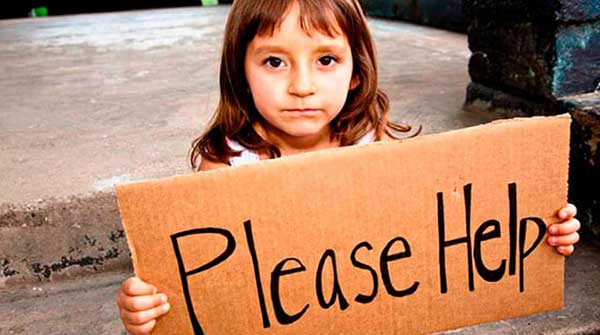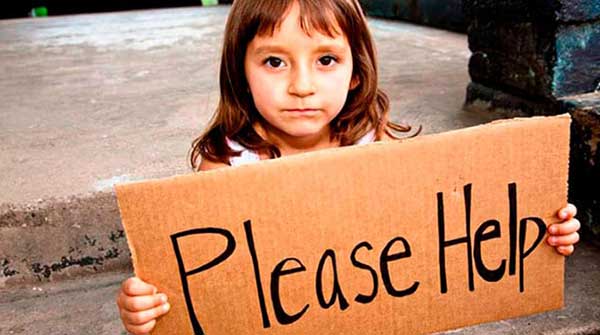The Canadian economy is growing but it feels like hard times
 The operation was a success, but the patient died. The obvious contradiction in that sentence can be applied to Canada. The much-anticipated recession has not happened. Our economy is growing, not declining. So why does it feel like hard times?
The operation was a success, but the patient died. The obvious contradiction in that sentence can be applied to Canada. The much-anticipated recession has not happened. Our economy is growing, not declining. So why does it feel like hard times?
The overall size of the economic pie is indeed getting bigger, although at a slower rate than pre-COVID. However, that pie now has to be divided into many more slices. The Canadian population grew by 2.8 percent last year, almost exclusively because of the more than one million immigrants who arrived, a record level. Immigration in the past has largely been around a quarter of a million annually, with recent government efforts to push it up to a half. Adding one million people in one year to a base population of about 40 million is unprecedented.
There is no doubt that Canada needs and should be welcoming immigrants. Natural increase (birth minus deaths) is having trouble staying positive. All industries and sectors, from health care on down, are struggling to find enough workers to keep on functioning. But current arrivals are producing less than the average Canadian income, putting downward pressure on that number.
 |
| Related Stories |
| Trudeau punishing Canadians for surviving cold winter
|
| Asking rents in Canada surge nine percent in 2023
|
| Government overspending is literally killing our country
|
It has always taken some time before new arrivals started making significant contributions to our output. Now, that will take even longer or may not even happen at all because so many incoming workers are just here for the short term. The number of temporary workers arriving is almost double that of longer-term immigrants. We do need these people. Sectors like agriculture and hospitality could not manage without them. However, those jobs are low-paid and tend to reduce rather than increase productivity, the average output per worker, on which our standard of living depends.
Another category of temporary immigrants is foreign students. As international purchasers of our educational services, they are a valuable Canadian export, but in the short term, they, too, work in low-paying low-productive jobs. Like other arrivals, they also put pressure on our overstressed healthcare and housing systems.
For this reason, the government is making drastic cutbacks on the number of student visas issued. This is a mistake. Not only are we losing important exports, but we are also losing the valuable and productive Canadians that many of these students become once they have graduated and have chosen to stay here and put their education to good use in Canada.
To improve the standard of living for all who live in Canada, we need to be able to generate more goods and services, ideally without adding to and maybe even subtracting from our hours of work.
This requires investment and the application of equipment and technology so that we can all do more with less.
Right now, investment in Canada is weak. One reason for weak investment is interest rates, which are high now and may not fall very much or very quickly. Another reason stems from the uncertainties and costs of doing business generated by external factors. These include high taxes and dealing with ever-changing and increasing regulatory requirements on issues such as climate change and diversity.
Also dampening investment is weakening consumer demand. Consumer spending makes up over 60 percent of total national income. It is almost impossible to have growth when consumer spending is falling. This is not surprising. Average personal income has been declining and is not expected to be significantly above zero until 2026. High interest rates make individuals, as well as businesses, reluctant to borrow and spend. Add in some ongoing inflation, and it is no wonder retailers are worried and investors hesitate about adding to output that may not sell.
You may be shaking your head at the news that says the Canadian economy is growing when you see your cost of living rising – every trip to the supermarket results in sticker shock. In restaurants (if we still go to restaurants), we now read the menus from right to left. Even if the numbers on our pay cheques are rising, we are still poorer than before.
Do not expect this situation to change until we increase our investment and become more productive.
Dr. Roslyn Kunin is a Troy Media columnist, public speaker and consulting economist.
For interview requests, click here.
The opinions expressed by our columnists and contributors are theirs alone and do not inherently or expressly reflect the views of our publication.
© Troy Media
Troy Media is an editorial content provider to media outlets and its own hosted community news outlets across Canada.

